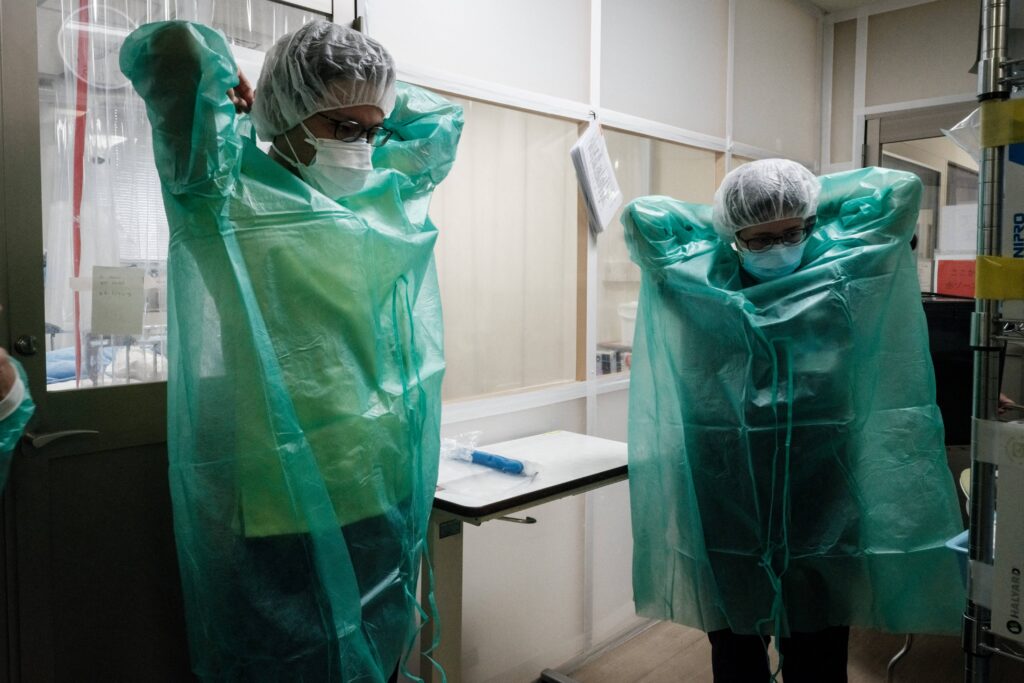
- ARAB NEWS
- 04 Jul 2025

TOKYO: While Wednesday marks one year since Japan downgraded COVID-19 to a lower-risk infectious disease category that includes seasonal influenza, the country has faced unseasonal and larger-than-usual outbreaks of other infectious diseases over the past year.
Infectious disease experts are urging people to implement basic infection prevention measures, such as hand washing, as their immunity to pathogens other than the coronavirus is believed to have weakened during the COVID-19 pandemic.
In line with the COVID-19 downgrade in May 2023, Japan stopped counting all COVID-19 cases nationwide and began receiving COVID-19 case reports from about 5,000 designated medical institutions.
According to the health ministry, the number of COVID-19 cases reported in the week through April 21 declined for the 11th consecutive week.
The country has been largely free of major outbreaks of COVID-19 variants since the COVID-19 downgrade, except for the ninth infection wave last summer and some other periods.
However, childhood infectious diseases and the flu have spread in the country over the past year.
According to the National Institute of Infectious Diseases, the number of new cases of herpangina, a common summer cold that mainly affects small children, per medical institution hit the highest level in 10 years last July.
Infections with respiratory syncytial virus, which can cause pneumonia in children, have also remained higher than in usual years, while the number of cases of pharyngoconjunctival fever, also known as pool fever, which spreads mainly in the summer, reached the alert level in November.
Flu outbreaks typically peak between January and February each year. But last year, the flu kept its infectious grip on the country even after spring and summer. And the number of flu cases reached the alert level in December, the earliest in 10 years.
“People’s immunity declined during the COVID-19 pandemic, when people took strict infection prevention measures and therefore had fewer opportunities to be exposed to other pathogens,” said Atsuo Hamada, a visiting professor at Tokyo Medical University and an expert in travel medicine.
But Hamada noted that unseasonal outbreaks of infectious diseases other than COVID-19 are expected to die down eventually, with people building immunity to the diseases.
On the other hand, the number of COVID-19 cases is likely to peak during the summer, Hamada warned. “People should take measures such as wearing face masks and washing hands in the event of another infection wave,” he said.
JIJI Press